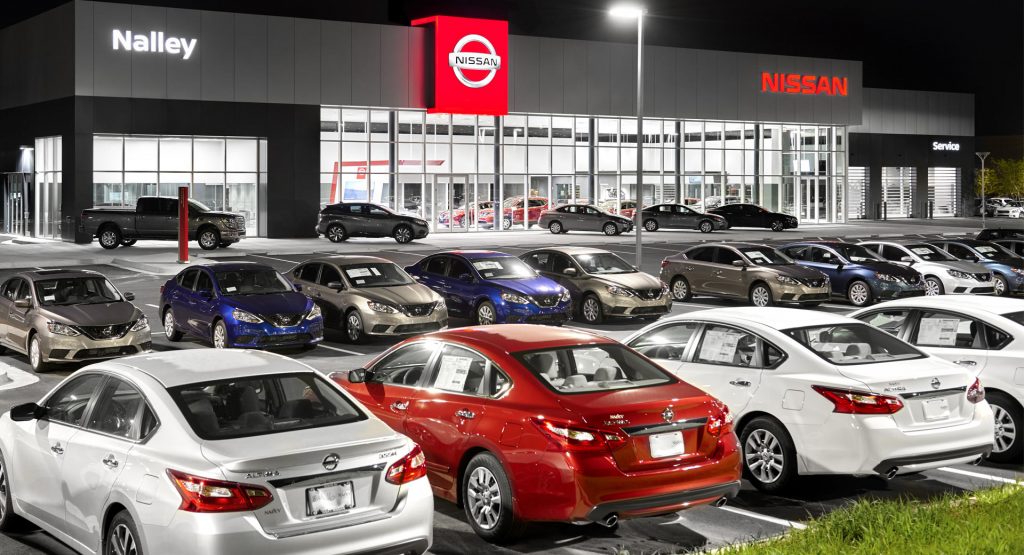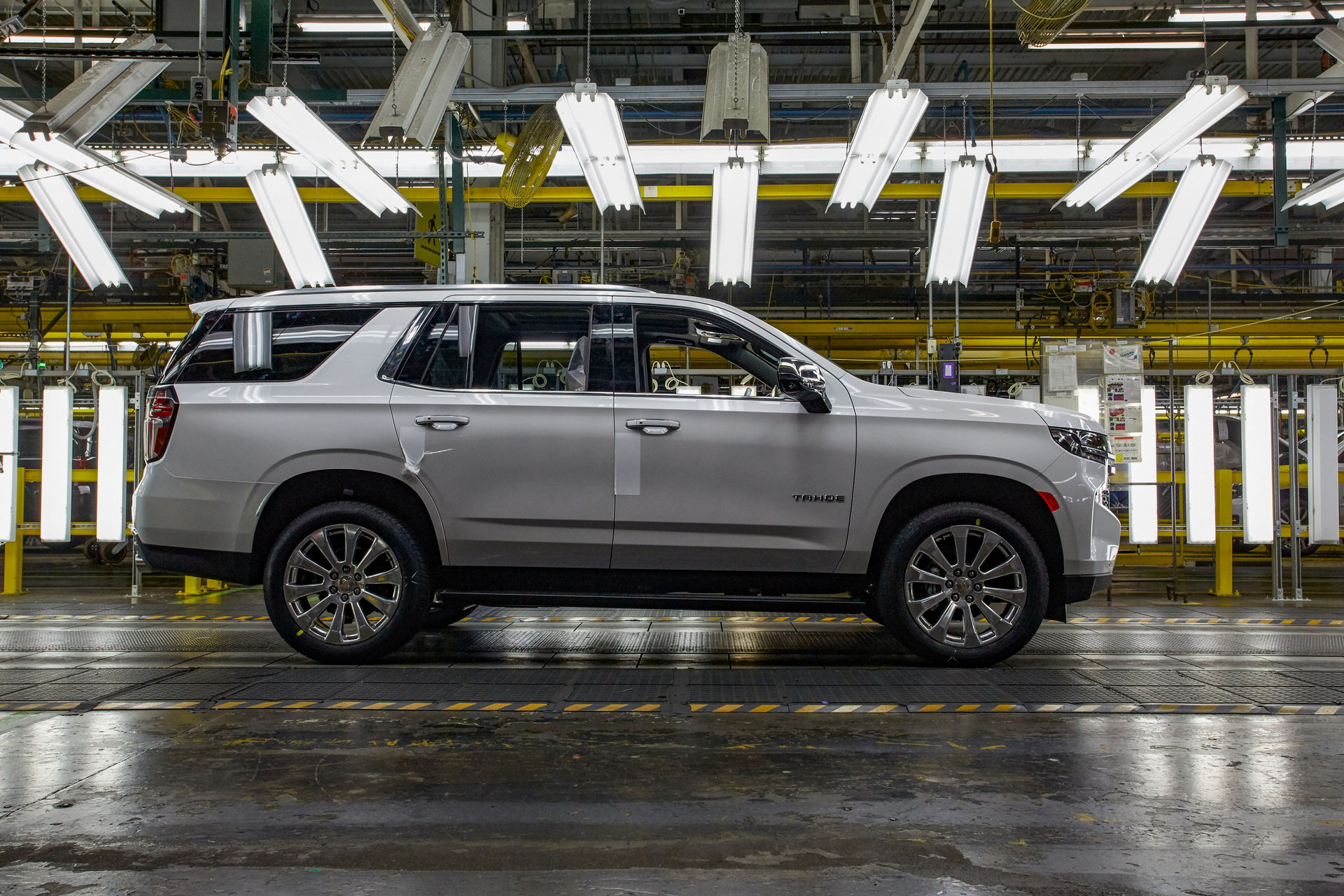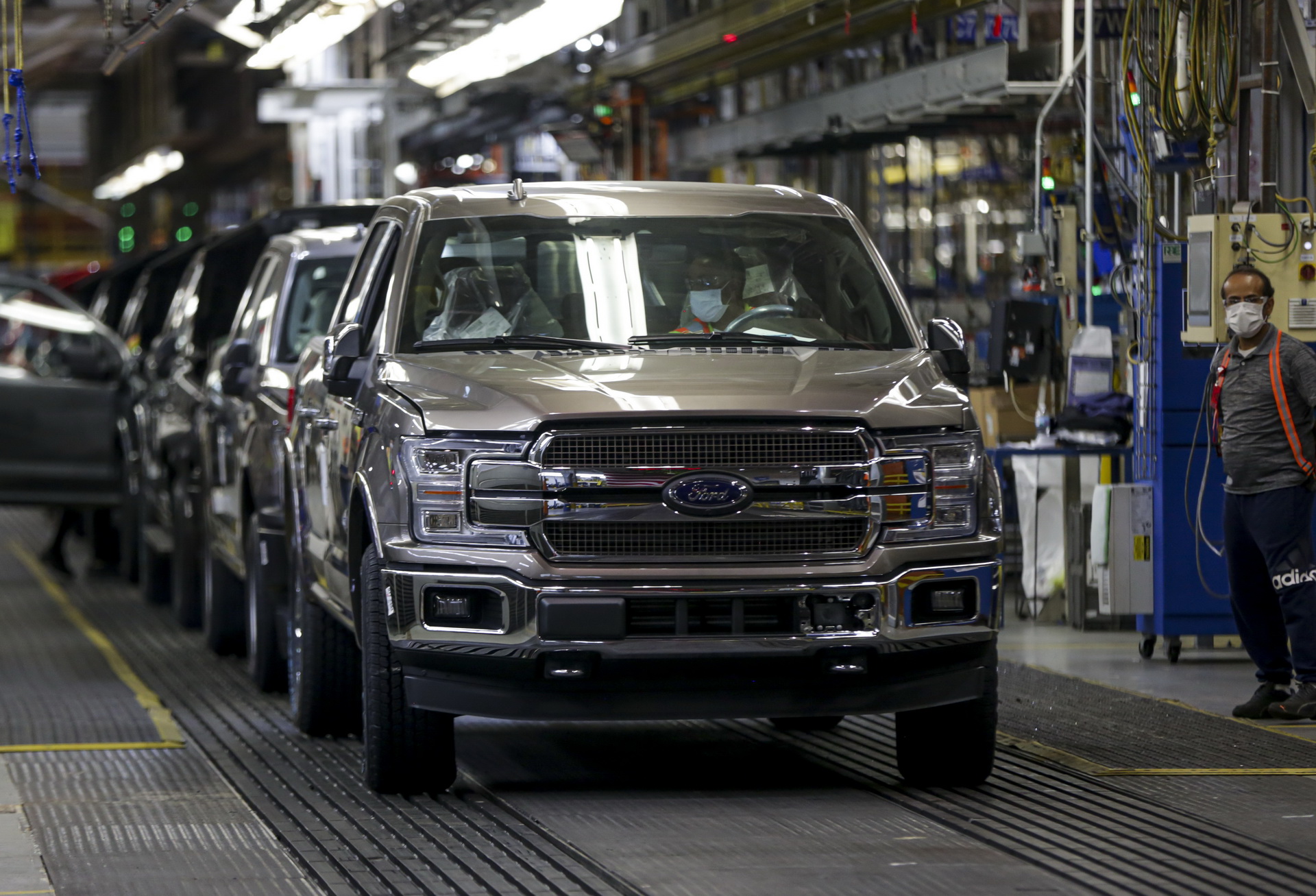One auto industry expert has suggested it will take at least two years for car manufacturers to restore the sales and production numbers to levels equal to those before the start of the coronavirus pandemic.
President and chief executive of the Center for Automotive Research, Carla Bailo, believes that in response to staffing shortages and a drop in demand the car industry will need to adapt and work more collaboratively in the future if sales are to return to pre-pandemic levels.
“Everyone is predicting this year about 13 million (vehicles sold), pre-COVID we were about 17 million,” Bailo told The Detroit Free Press. “We expect it’s going to take another two years, but that’s predicated on a good recovery and continued recovery throughout this year. Should we have another hit in the fall, we’ll have to adjust those figures. So about two years to come back to where we were.”
Bailo was speaking with a number of Michigan manufacturers and industry authorities while briefing lawmakers about the pandemic’s impact on the automotive industry. Speakers agreed that the industry helped to save lives by producing ventilators and personal protective equipment at the height of the pandemic, but added that there are many challenges ahead that will continue to impact the auto industry.
Read Also: The Fastest-Selling New Cars In The U.S. Are Almost All SUVs
According to General Motors regional director of state government relations Brian O’Connell, the impact of factory shutdowns earlier in the year means any new disruption would be crippling.
“The shutdown had a huge impact on our industry and our company. And we cannot afford a shutdown. We cannot afford a week shutdown,” he said.
Overall sales across the industry are down about 25 per cent and there are also 20,000 fewer jobs in the automotive sector compared to the second quarter of last year.
Companies such as General Motors, Ford and FCA are following strict testing and quarantine protocols for sick employees or those that have come in contact with Covid-19. While this is a necessity, Bailo admitted that keeping workers on production lines is a challenge in these times.
“This is going to continue to be an issue. It’s a strain on the manufacturing sustainability and keeping the production line running,” she said. “You don’t have the option to work remotely when you’re on the line. And if you’re a single parent trying to educate children, that’s a significant problem.”





